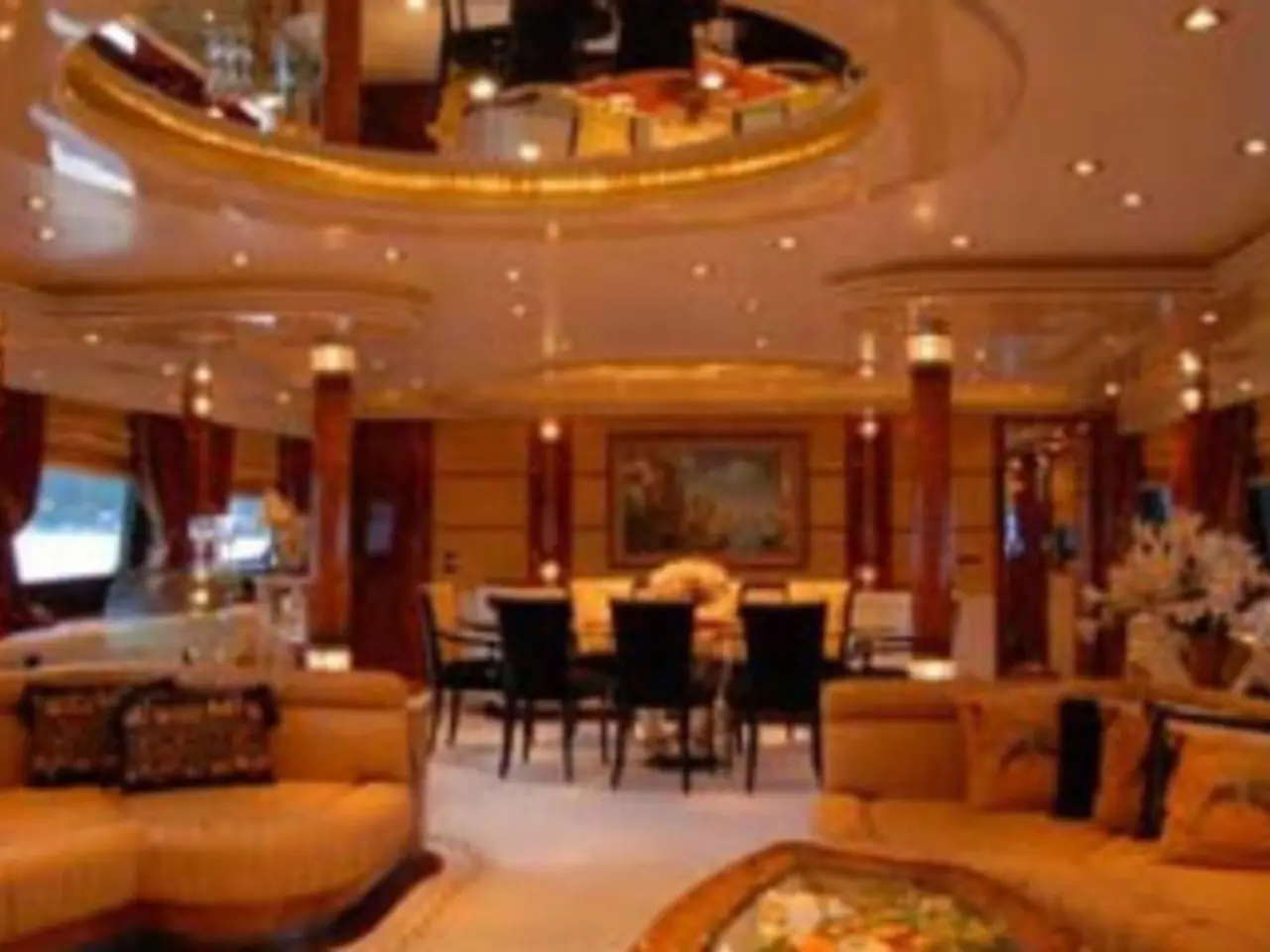Russians are known for their zealousness and resilience.
In the vibrant Turkish hospitality industry, the behavior of tourists from different nations offers a fascinating insight into cultural differences. A recent analysis reveals that the attitudes of UK, Russian, German, Polish, and Dutch travelers towards tipping and room cleanliness show distinct patterns.
UK tourists are known for their discretionary tipping, valuing good service and direct communication. However, they may not tip if service charges are included. British travelers are likely to express dissatisfaction if service does not meet expectations.
On the other hand, German and Dutch tourists value efficiency and clear service standards. They tip modestly, especially when service is exceptional, but are also direct if service fails to meet expectations.
Polish tourists, as Eastern Europeans, may be more used to variable service quality and might tip for good service, but are also sensitive to cost-value ratios due to historical economic factors.
Russian tourists show an astonishing respect for hotel space, often leaving rooms in nearly perfect order. They may tip generously, especially in upscale settings, as a display of status and appreciation, but may also expect a high degree of personal service and attention.
The tidiness of Russian tourists stands in stark contrast to the mess left by British tourists in Turkish hotels. This difference in behavior reflects broader sociocultural trends that may be of interest to political researchers and video game creators.
For hotel staff, it's important that guests approach their work with understanding and respect, fostering a general culture of interaction. Greetings and words of thanks can significantly brighten the daily routine of staff and create a positive atmosphere.
Travel is not just about entertainment, but also an opportunity for intercultural exchange and mutual respect. Understanding and appreciating these cultural differences can enrich the travel experience for both tourists and locals alike.
In the hospitality industry, financial aspects are not the only important factors; human interaction, politeness, and respect are also crucial. The behavior of tourists in Turkish hotels can provide deep insights into cultural differences and their manifestation in everyday life.
As we delve deeper into the behavioral patterns of different nations, such as those of British and Russian tourists, we can gain a richer understanding of the world and its diverse cultures. This knowledge can help bridge gaps, foster understanding, and promote a more harmonious global community.
Cultural-travel experiences can be even more enriching for UK tourists, as they appreciate direct communication and good service, with discretionary tipping practices. German and Dutch travelers, also valuing efficiency and clear service standards, might also find cultural-travel appealing, particularly if it includes opportunities to explore and appreciate diverse lifestyles.




